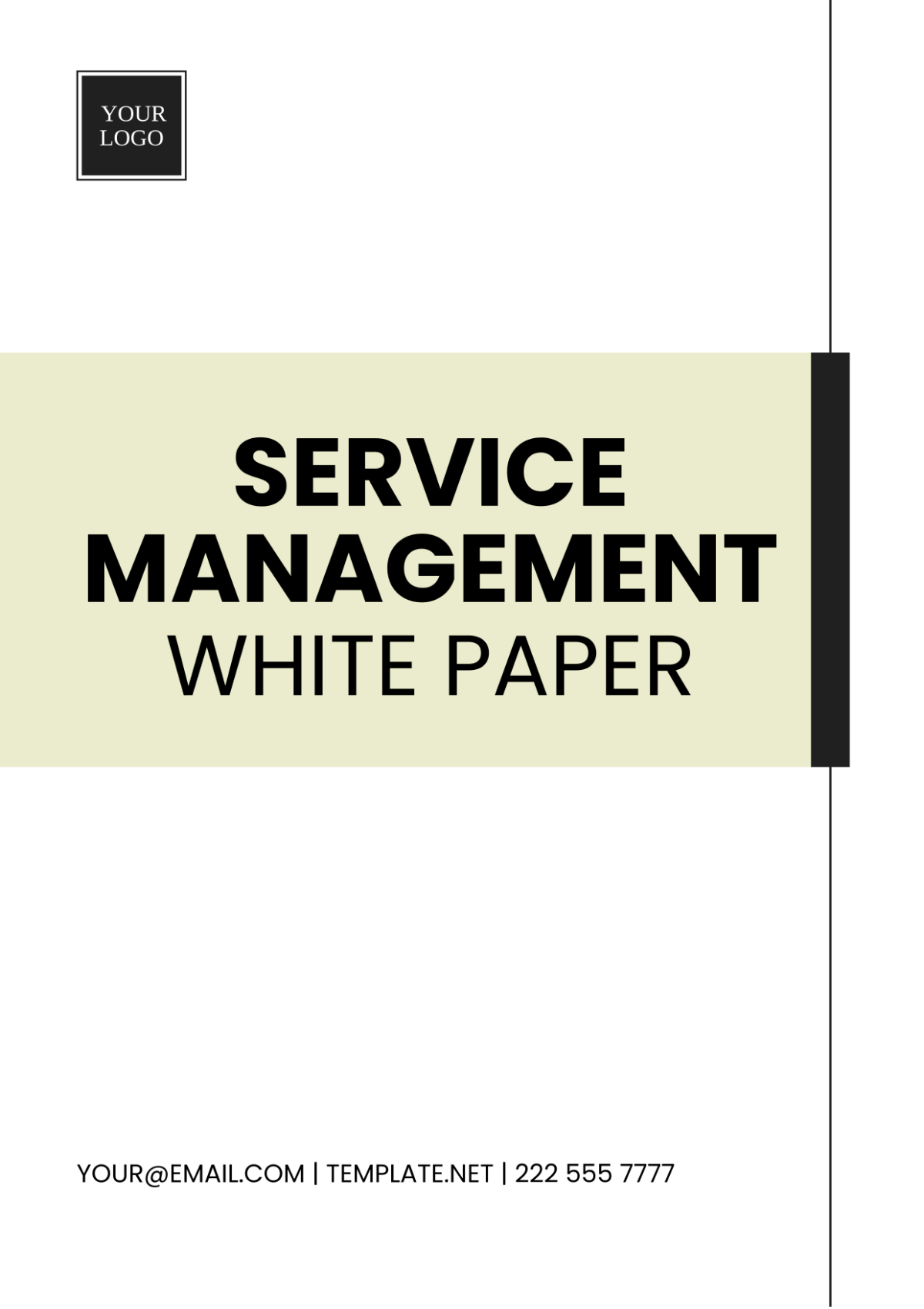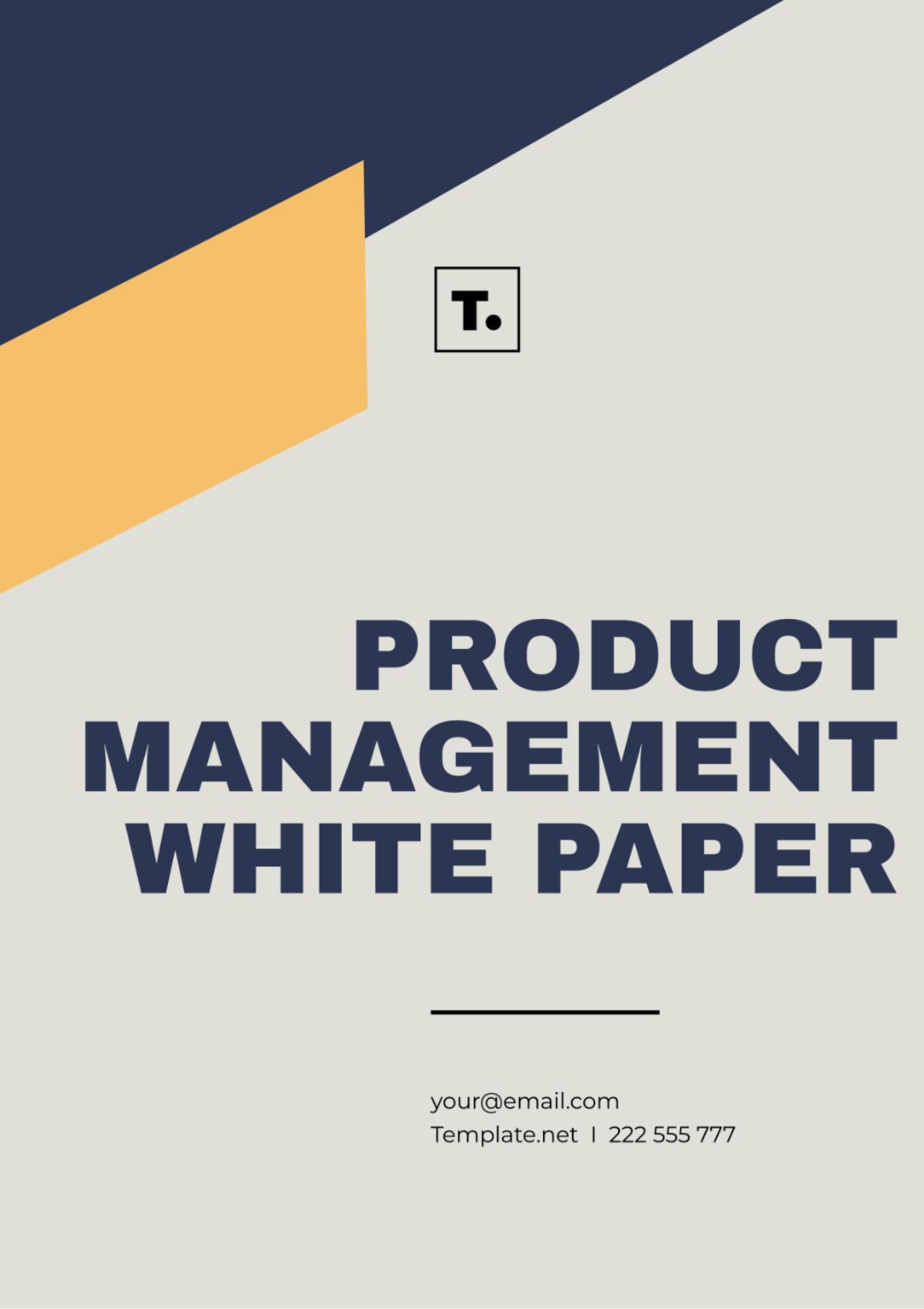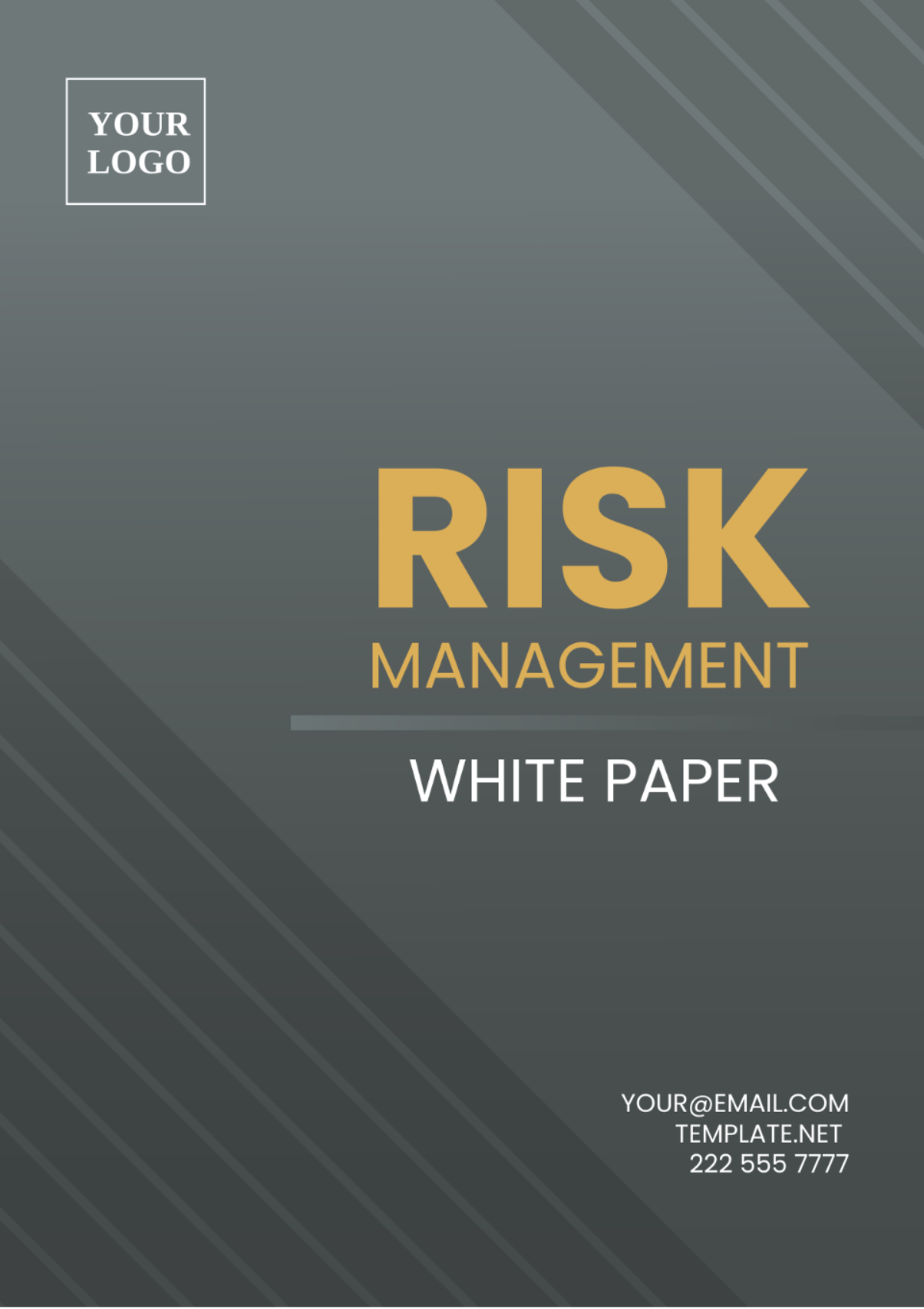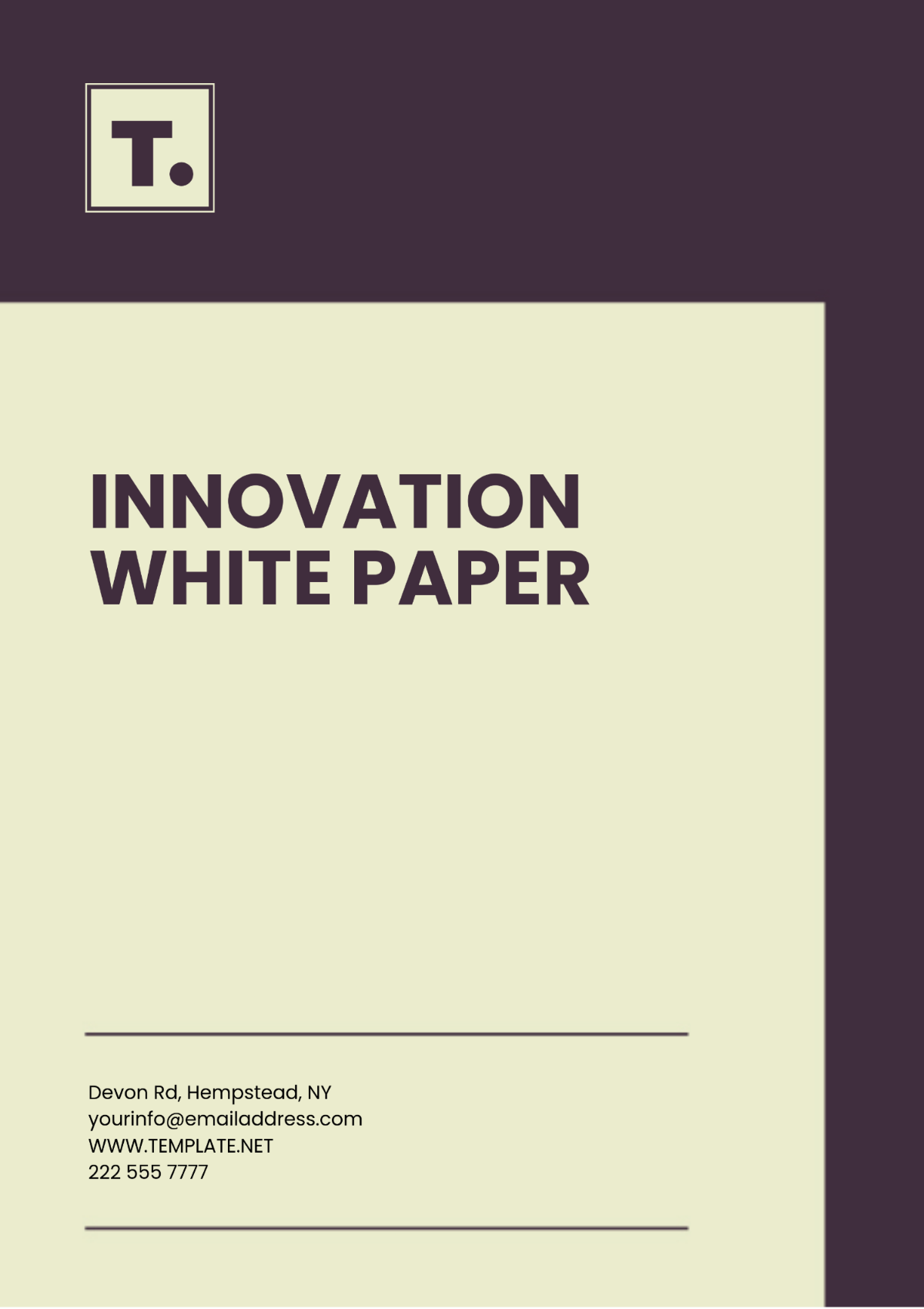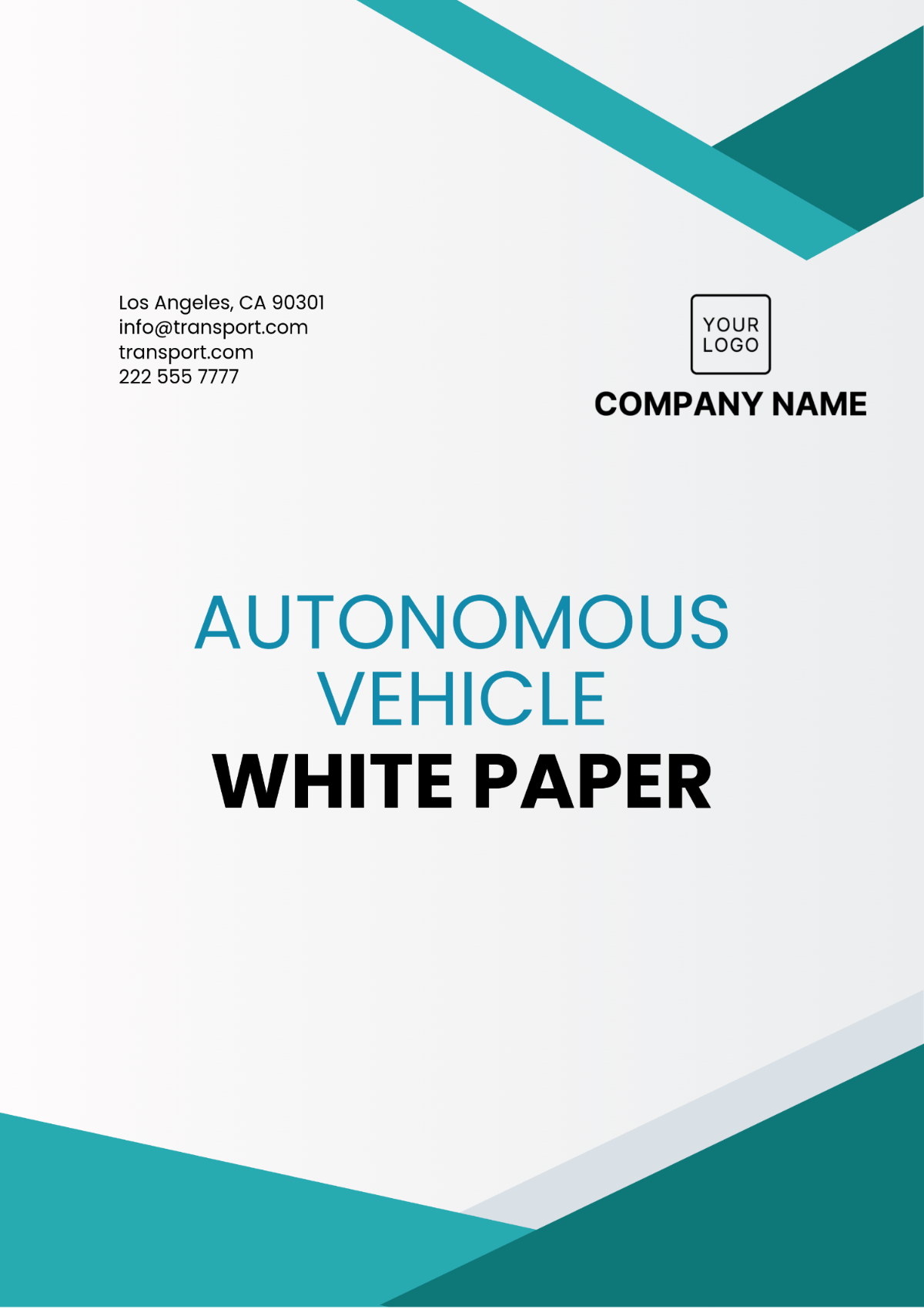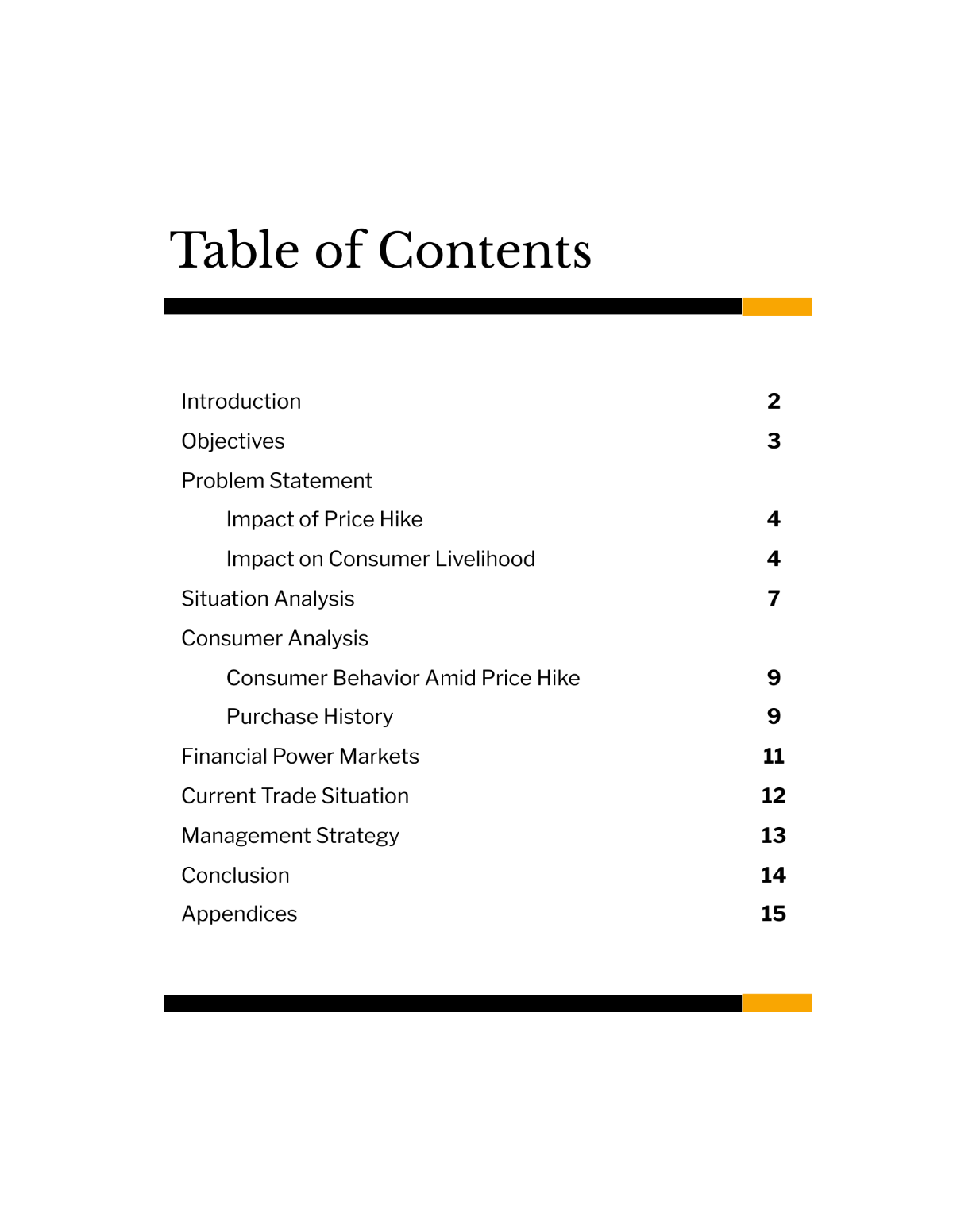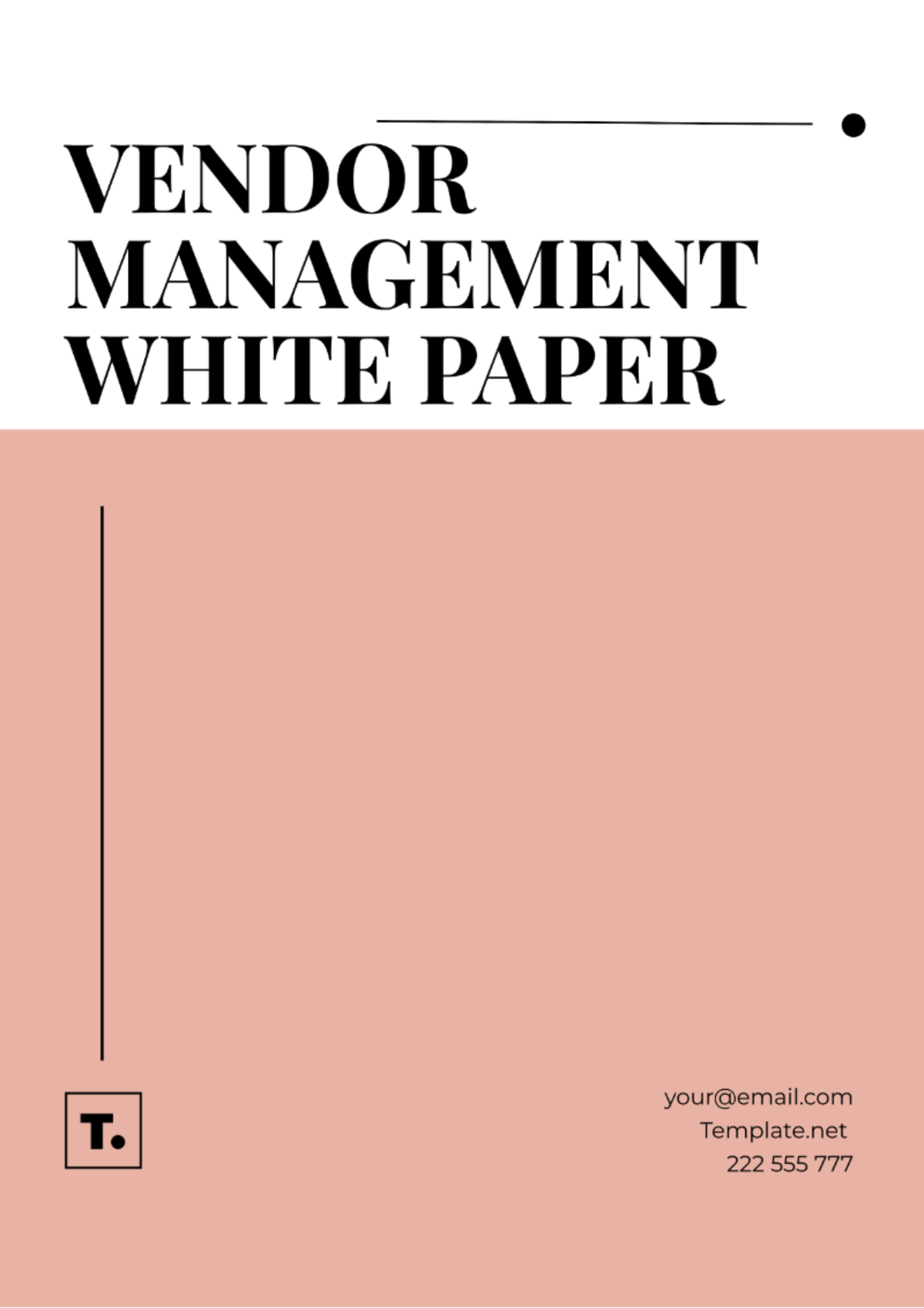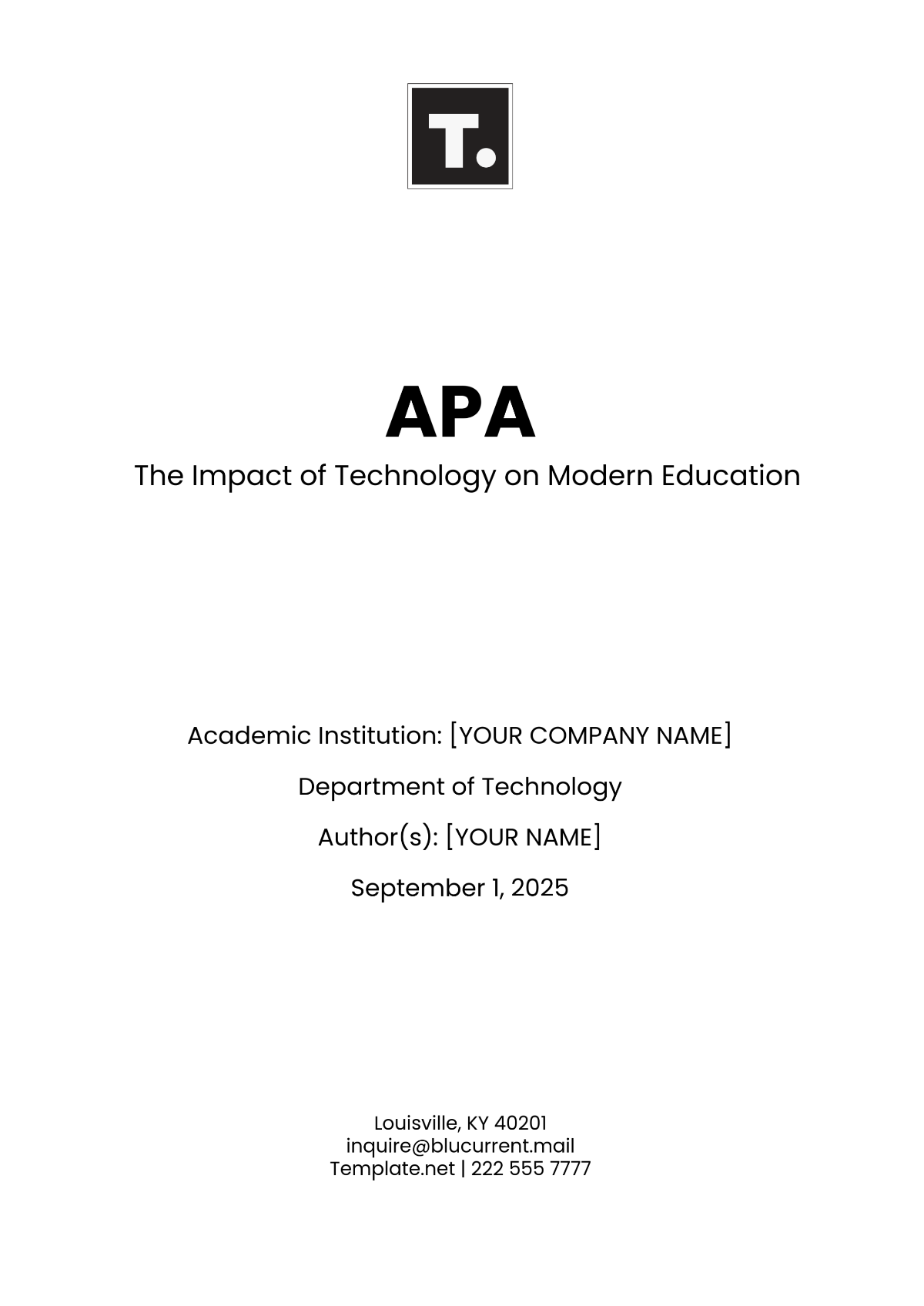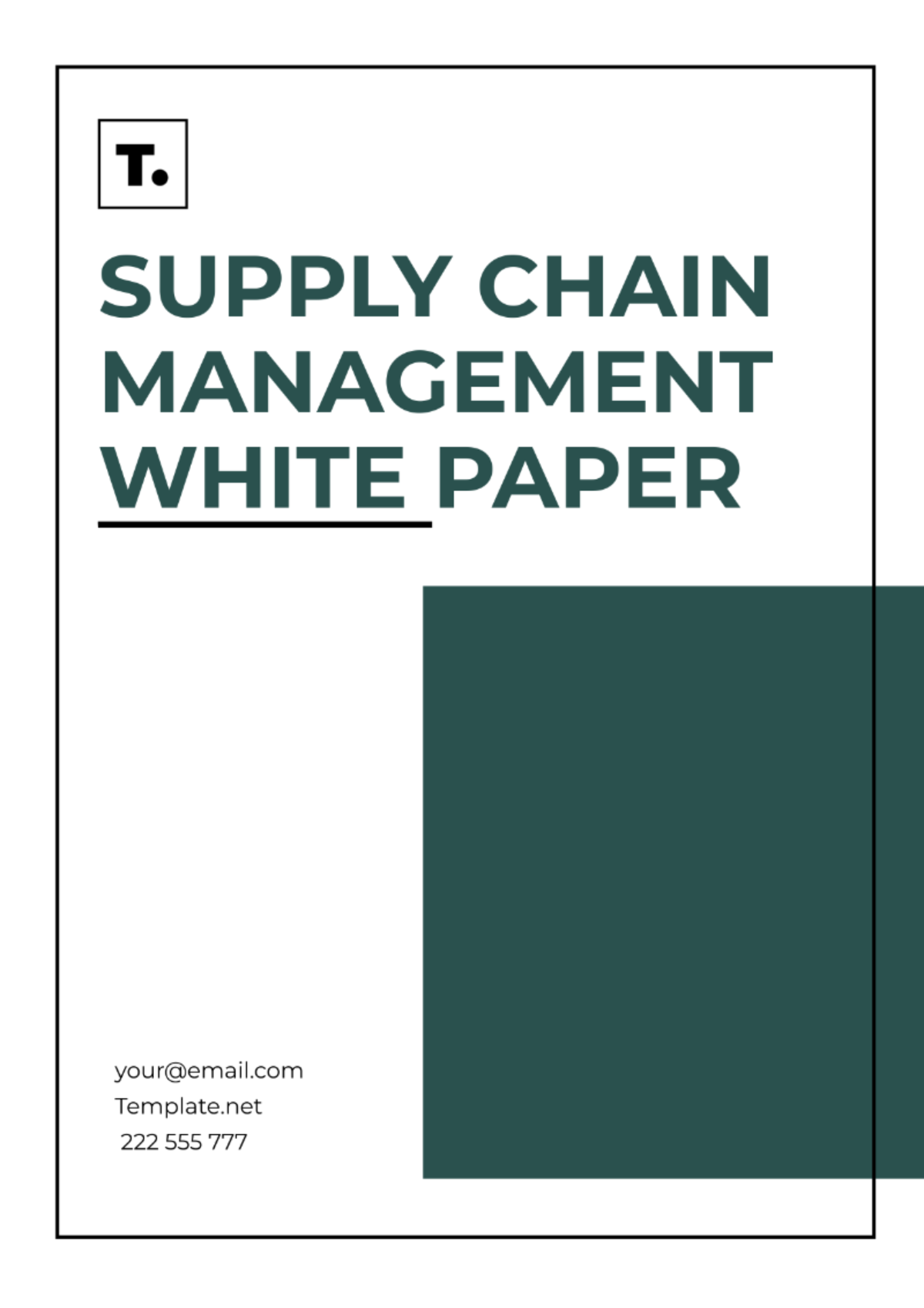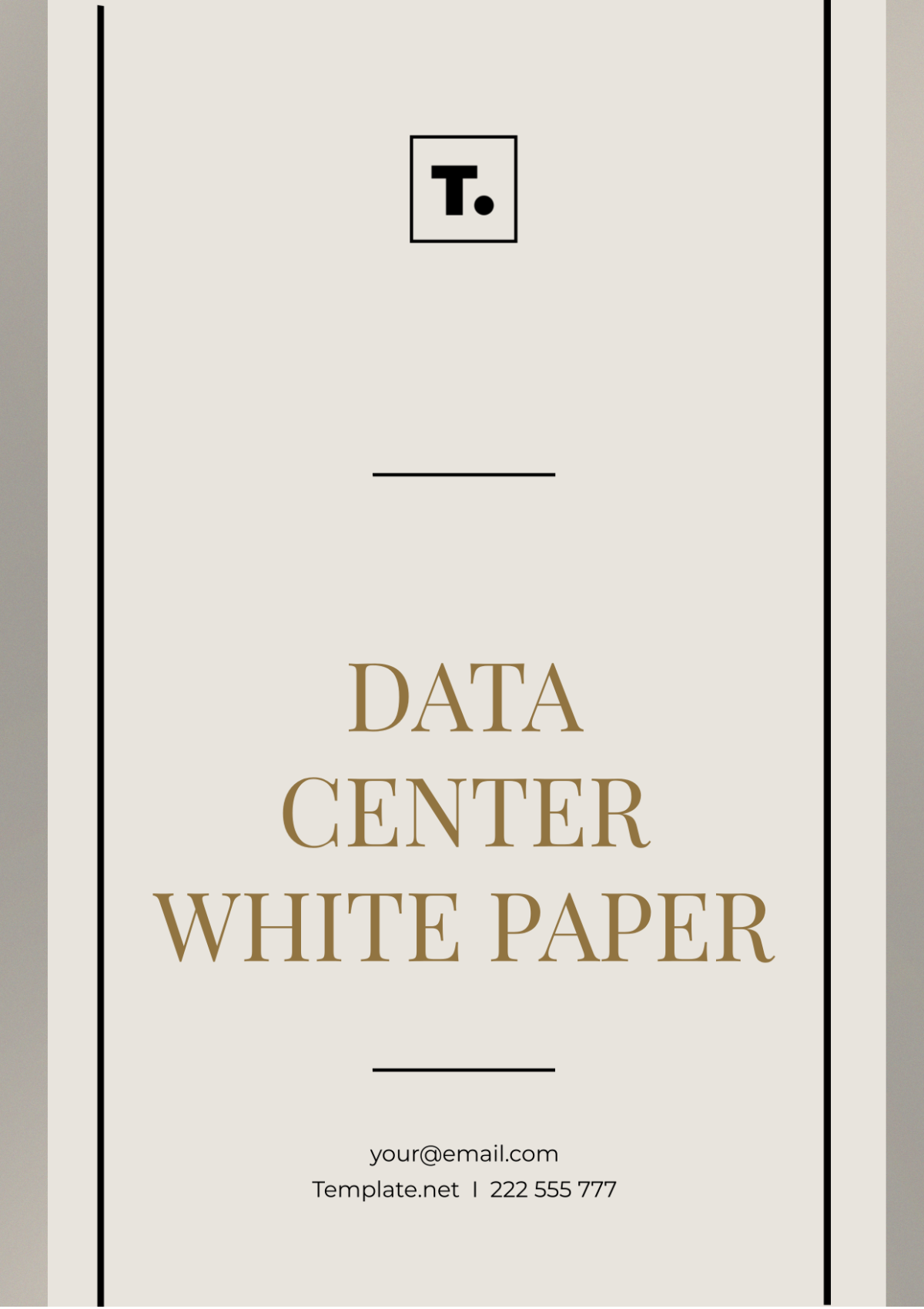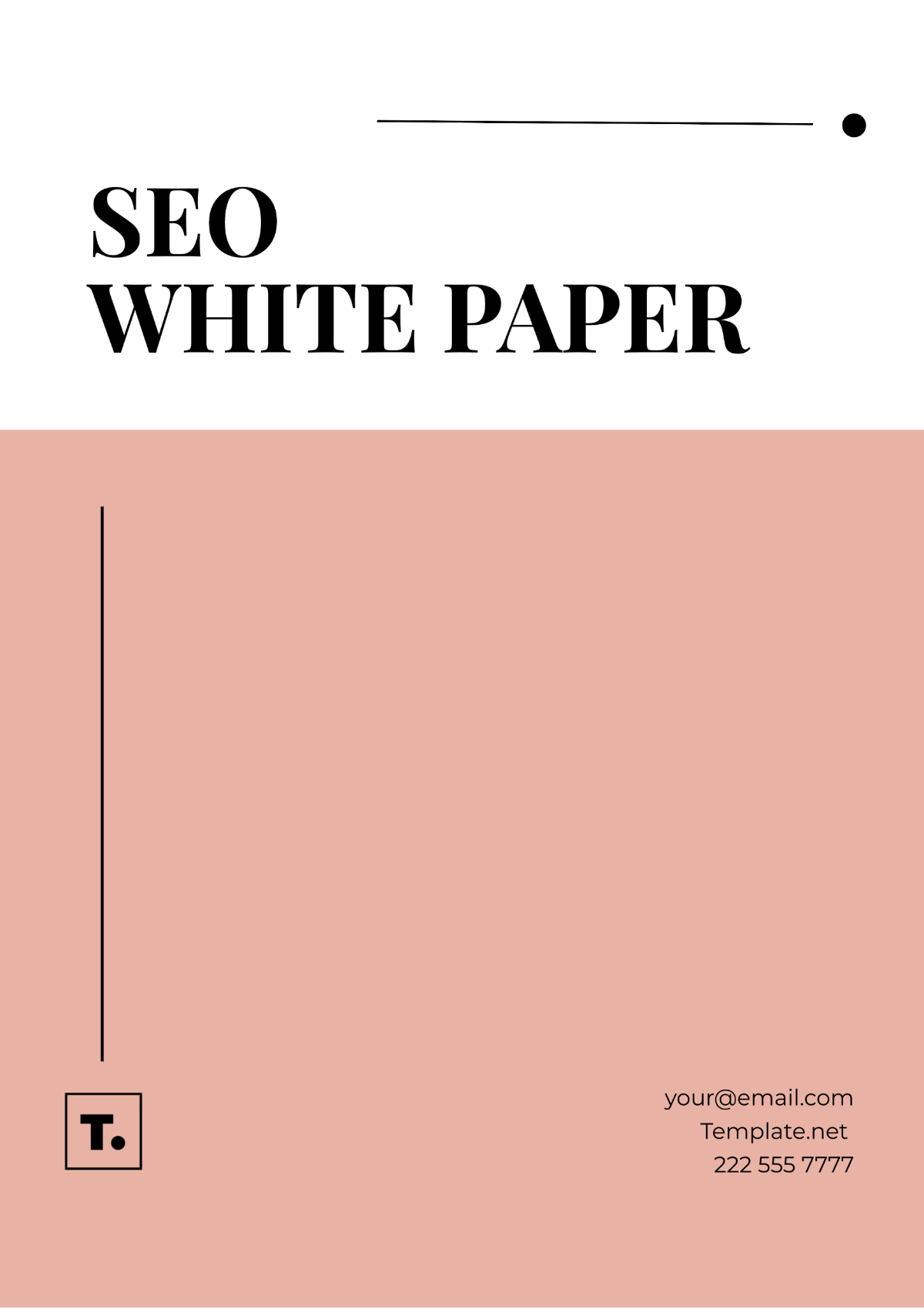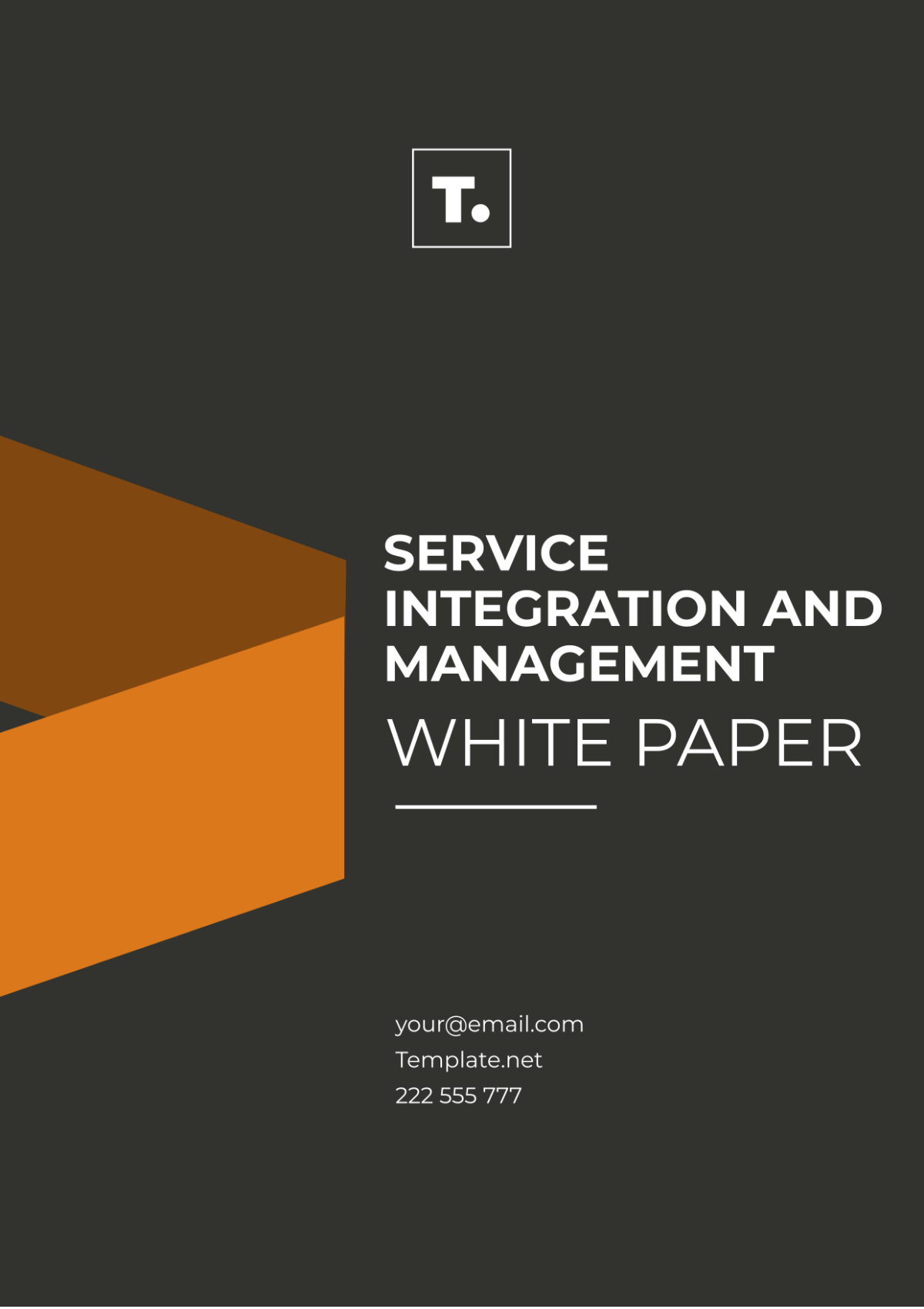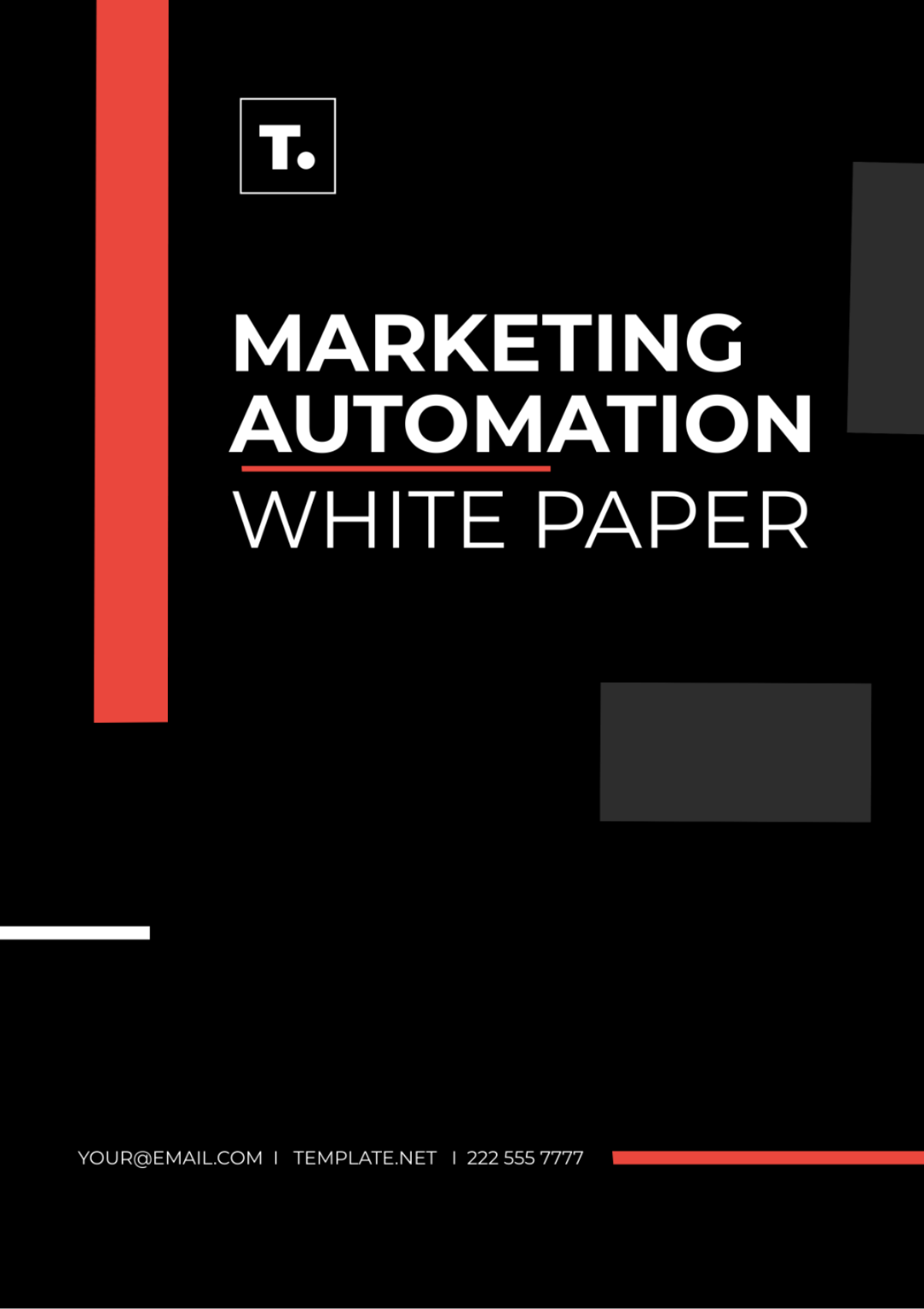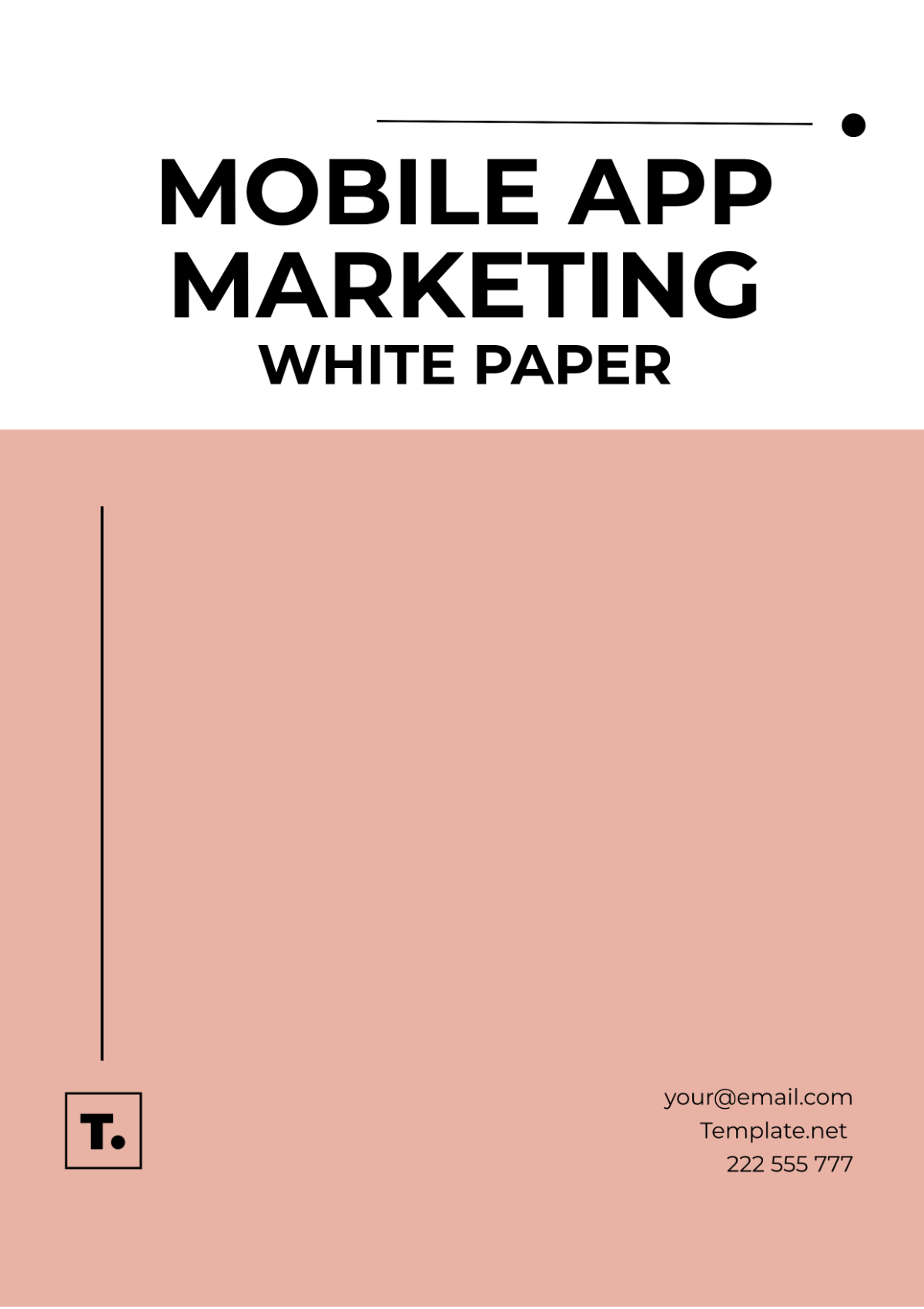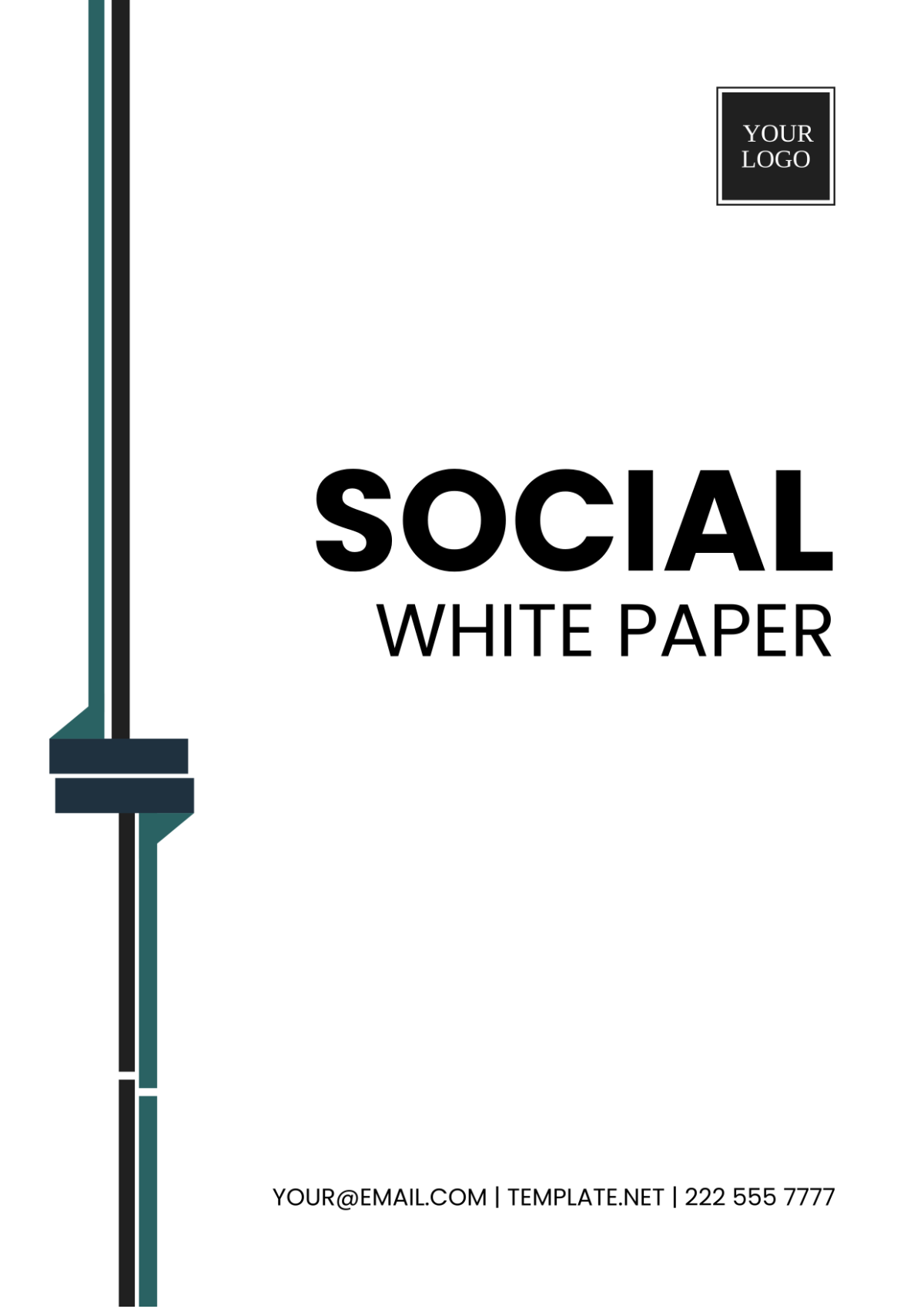White Paper
Prepared by: [YOUR NAME]
Contact: [YOUR EMAIL]
Company: [YOUR COMPANY NAME]
Company Number: [YOUR COMPANY NUMBER]
Address: [YOUR COMPANY ADDRESS]
Introduction
This Design White Paper provides a detailed technical documentation of the SmartHome Automation System developed by [YOUR COMPANY NAME]. It aims to offer stakeholders a clear understanding of the design's technical specifications, methodology, and implementation strategy.
Design Overview
Objective
The SmartHome Automation System is designed to enhance home security and energy efficiency through integrated smart technologies. The solution leverages advanced sensors and AI algorithms to provide seamless control and monitoring of home environments.
Scope
The scope includes the development of smart sensors, a central control unit, and a user-friendly mobile application. The system will be tested in various home settings to ensure reliability and performance.
Technical Specifications
Design Specifications
The following table summarizes the core design specifications and parameters:
Specification | Sensor Type | Control Unit Specs | Battery Life | Communication Protocol |
|---|---|---|---|---|
Smart Sensor | Infrared | ARM Cortex-M4 | 12 months | Zigbee |
Control Unit | Central Hub | 2 GHz Quad-core | 24 months | Wi-Fi |
Mobile App | iOS/Android | N/A | N/A | Bluetooth |
Power Supply | Lithium-Ion | 3.7V 3000mAh | 24 months | N/A |
User Interface | Touchscreen | 7-inch LCD | N/A | N/A |
Integration | Smart Devices | Standard APIs | N/A | Zigbee, Wi-Fi |
Security | Encryption | AES-256 | N/A | N/A |
Durability | Weatherproof | IP65 | N/A | N/A |
Calibration | Automated | Self-calibration | N/A | N/A |
Design Methodology
The design follows a structured approach starting from requirement analysis to prototype development and testing. Key methodologies include simulation-based design validation and iterative testing to refine performance.
Implementation Plan
Development Phases
The implementation of the SmartHome Automation System is divided into the following phases:
Phase | Start Date | End Date | Key Activities | Responsible Parties |
|---|---|---|---|---|
Phase 1 | January 15, 2050 | March 30, 2050 | Initial Design and Prototyping | Imogen Johnson |
Phase 2 | April 1, 2050 | June 30, 2050 | Development and Testing | Michael Starkey |
Phase 3 | July 1, 2050 | September 30, 2050 | Final Adjustments and Review | Sarah Anderson |
Phase 4 | October 1, 2050 | December 31, 2050 | Deployment and Support | David Sherlom |
Phase 5 | January 1, 2051 | March 31, 2051 | Post-Implementation Review | Laura Marcus |
Risk Management
Potential risks include hardware failures, software bugs, and integration issues with existing home systems. Mitigation strategies involve rigorous testing, contingency planning, and ongoing support.
Conclusion
This Design White Paper details the SmartHome Automation System’s design, technical specifications, and implementation plan. For further information or inquiries, please contact [YOUR NAME] at [YOUR EMAIL].
Date: August 22, 2050








